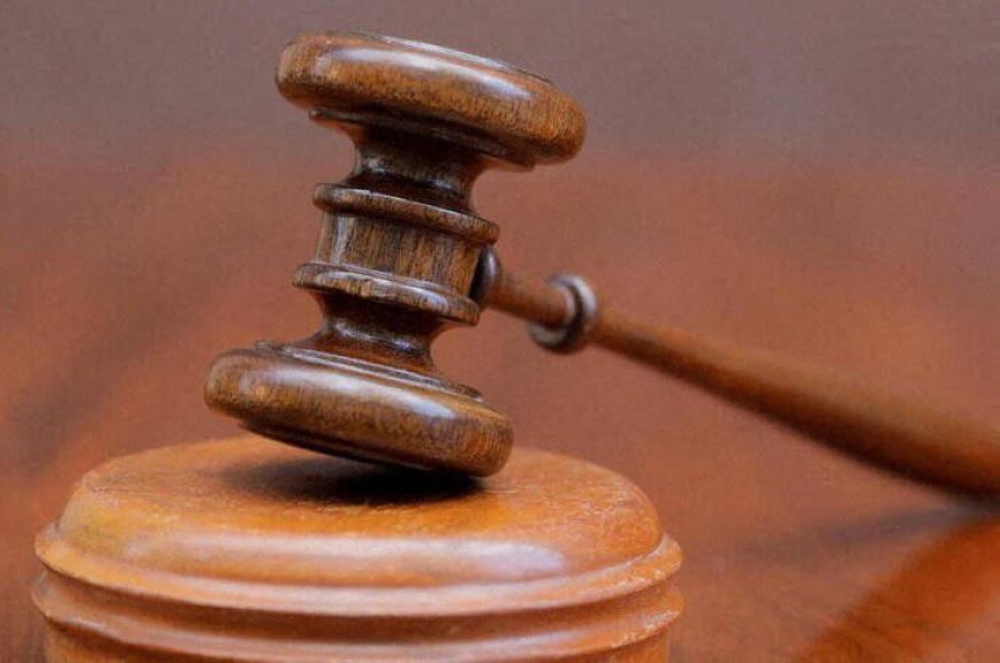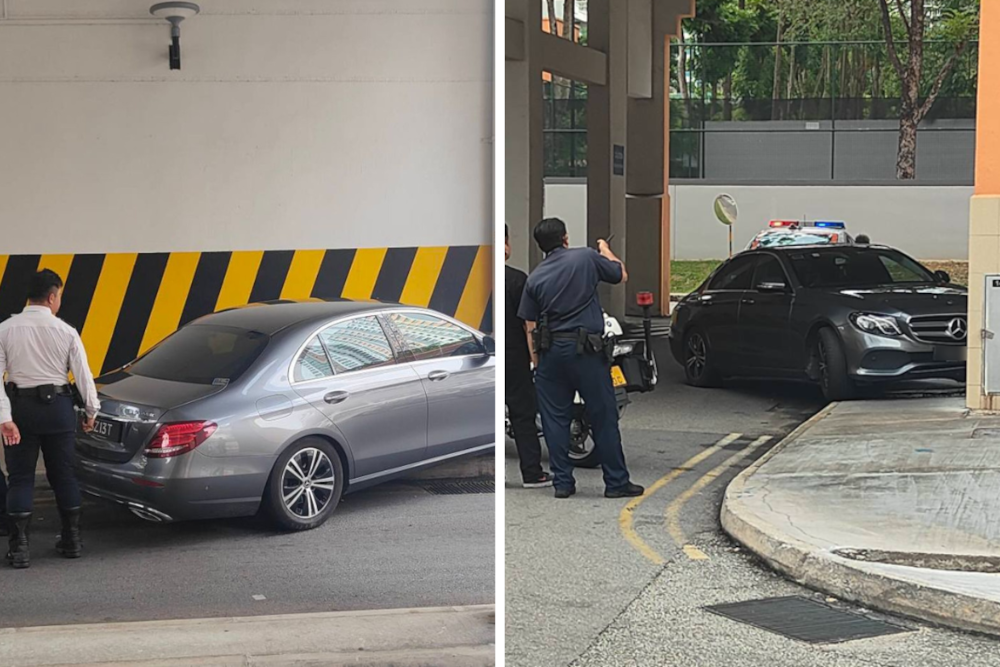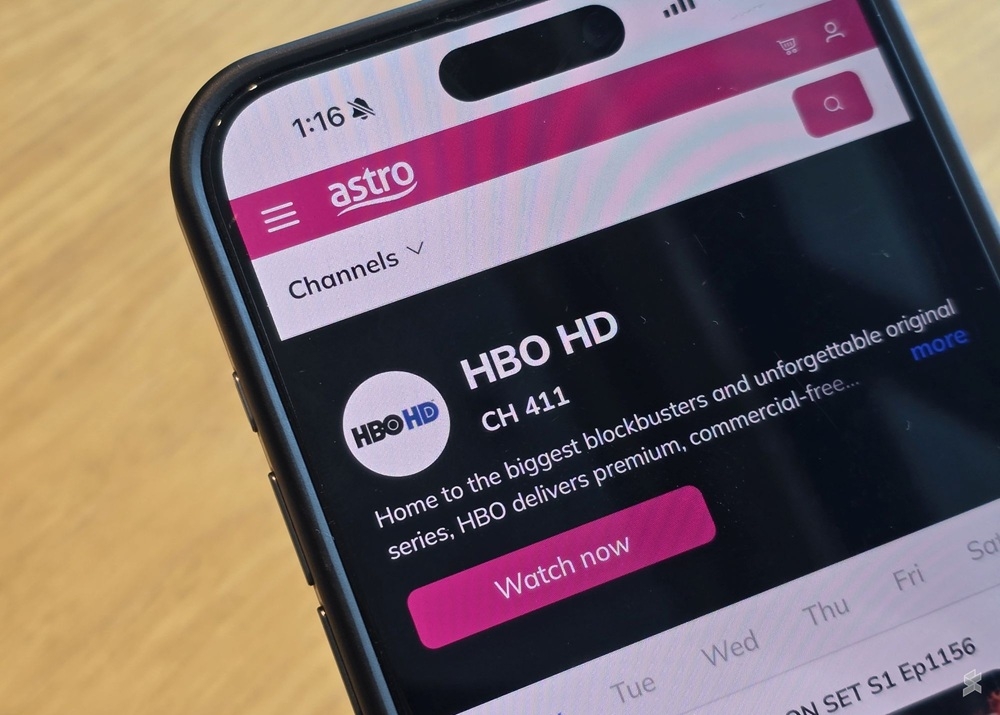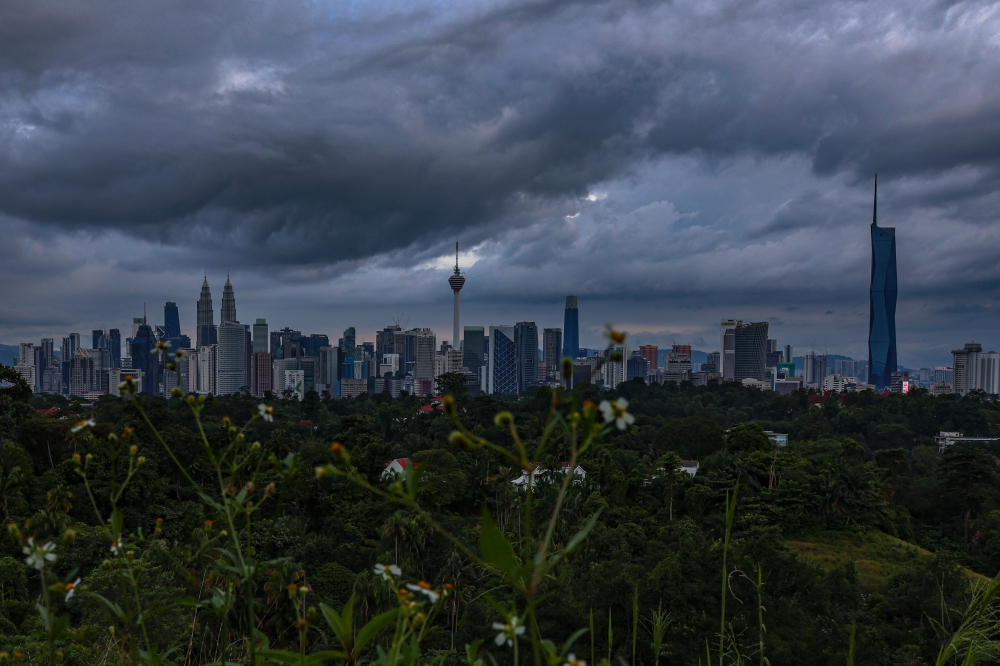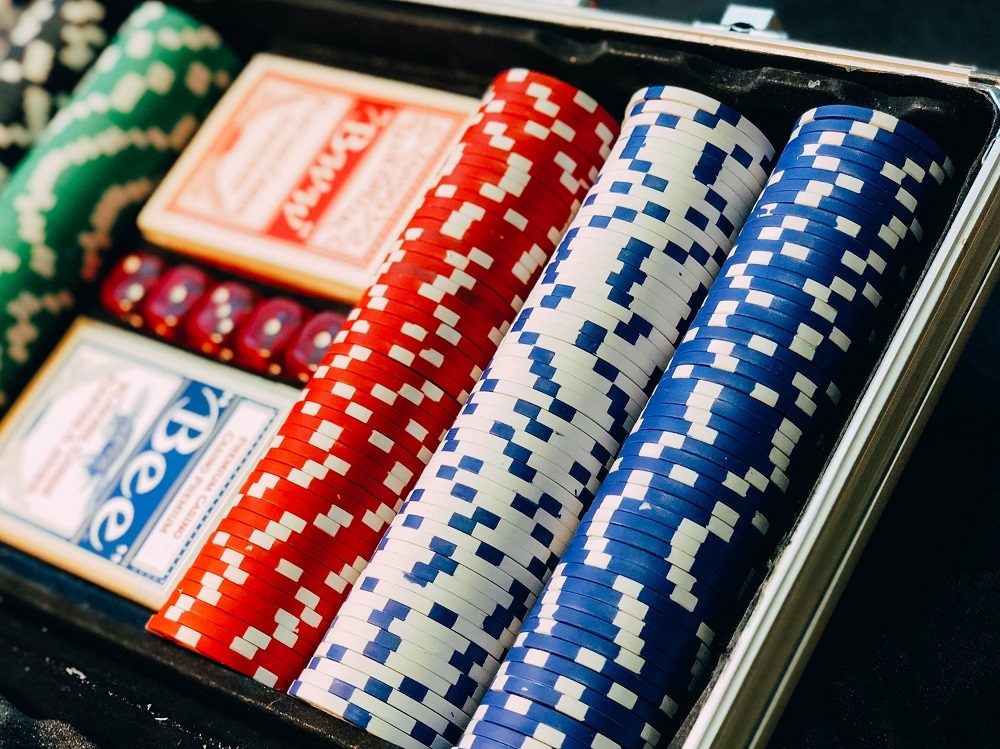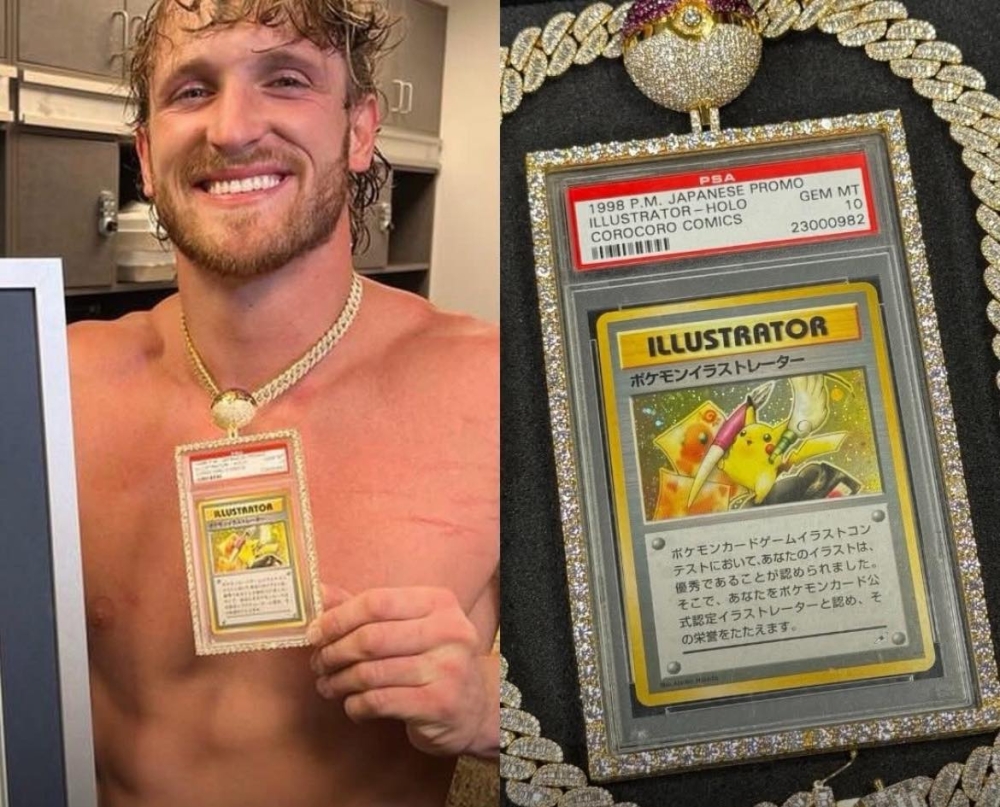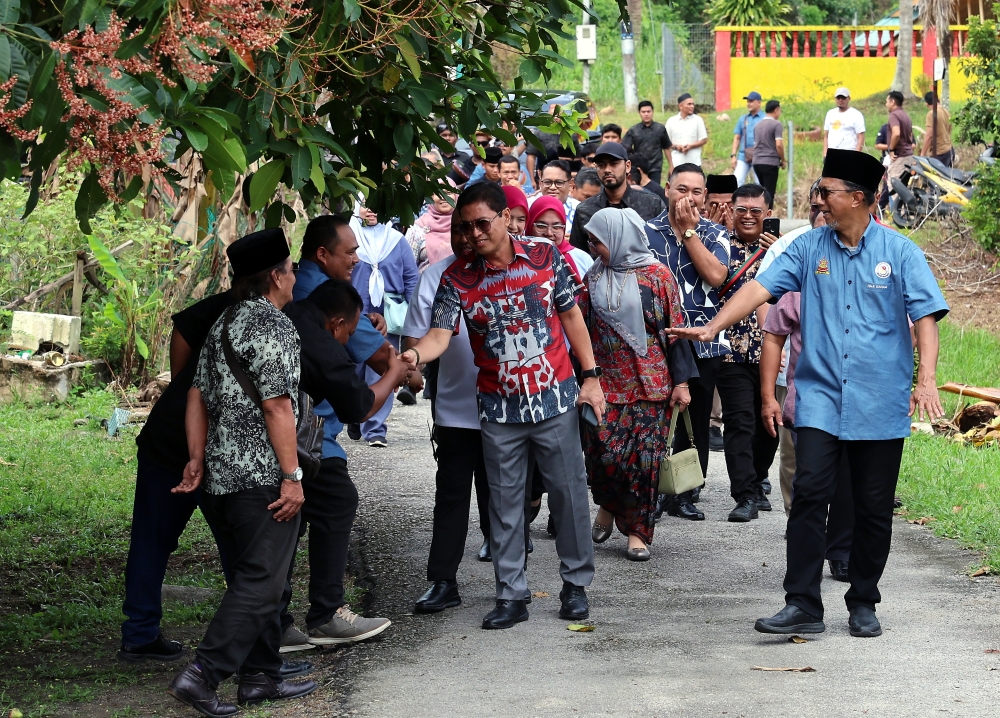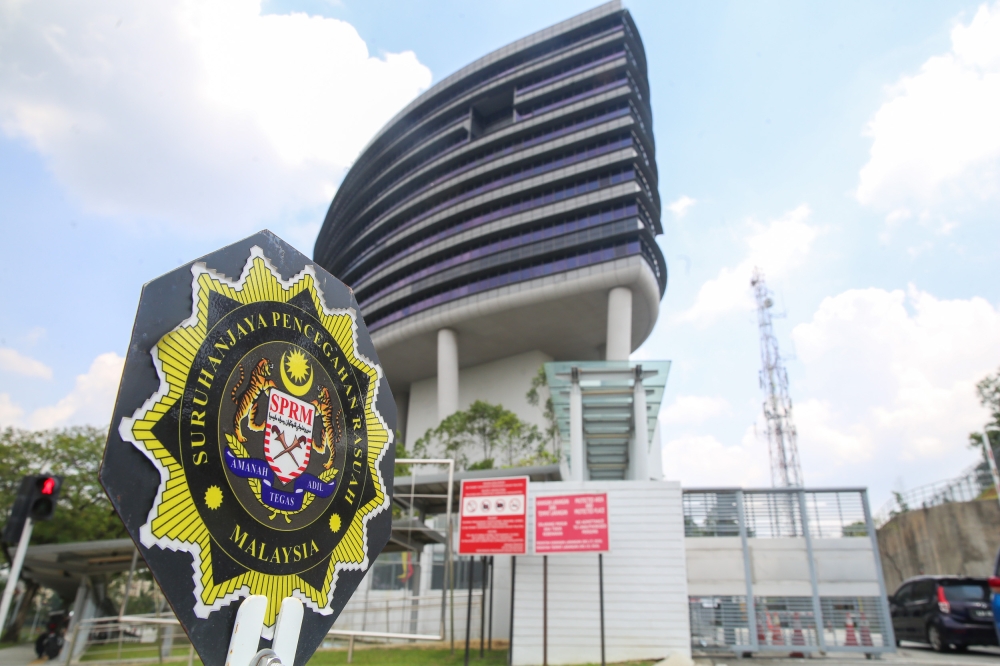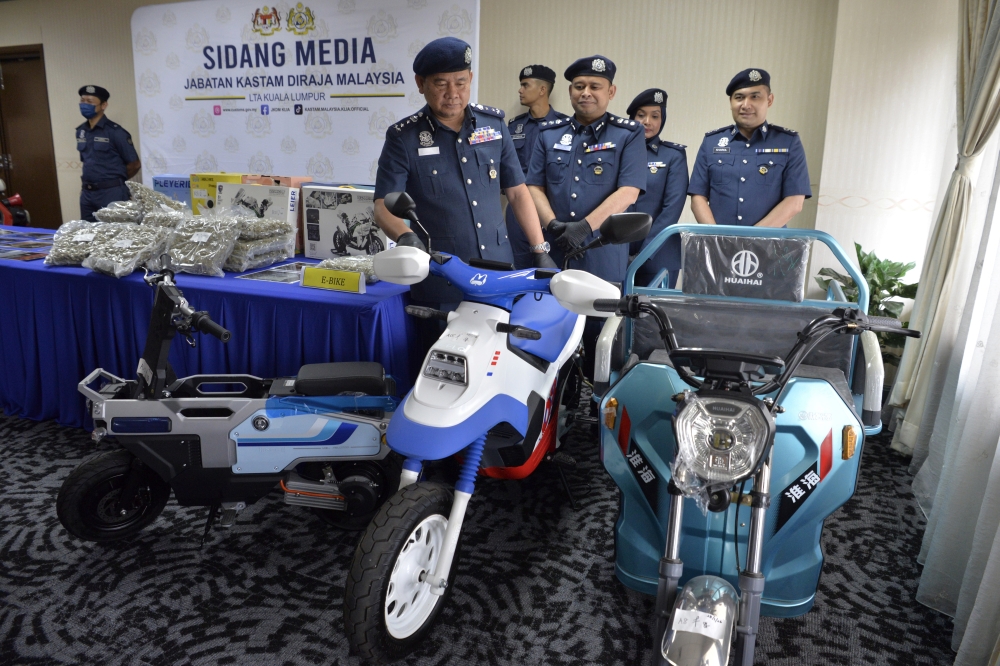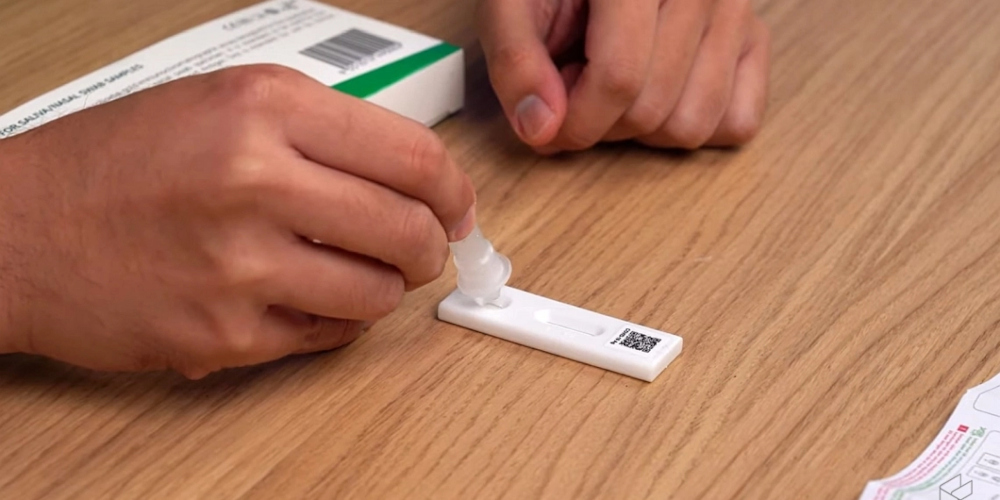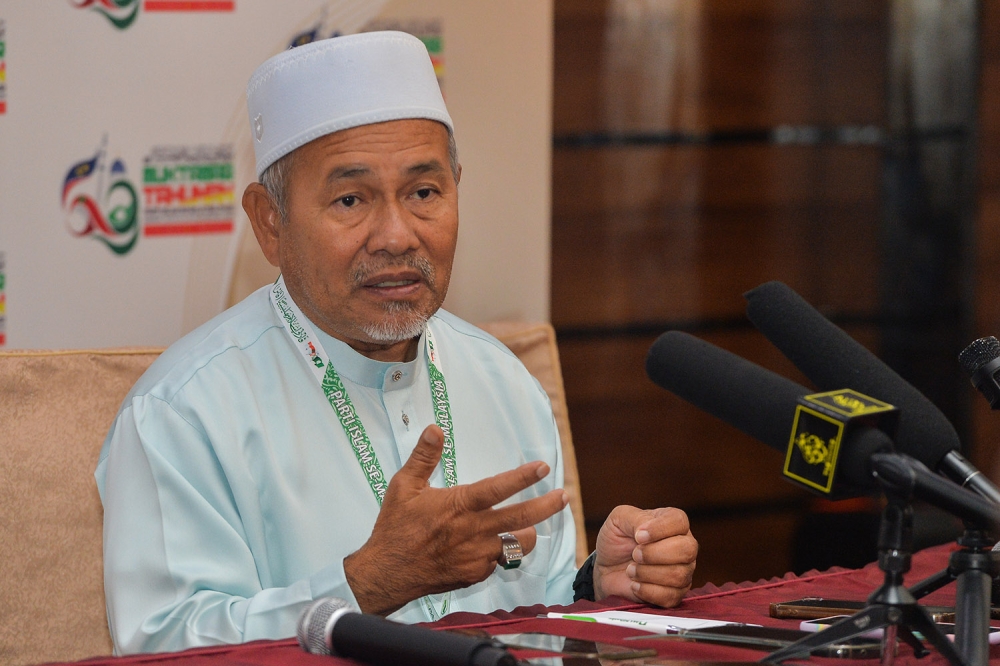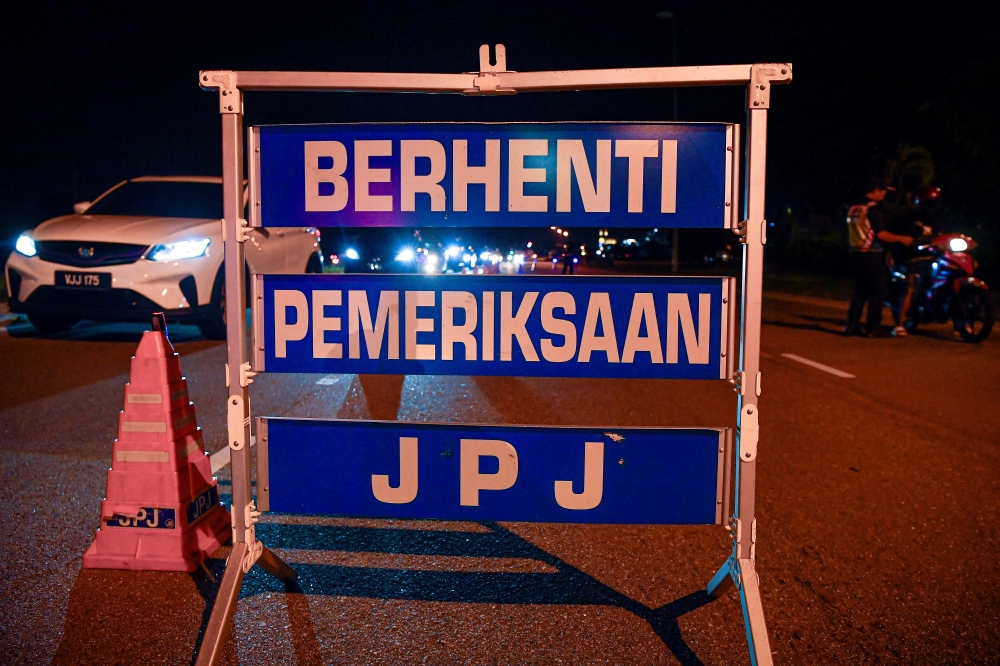KUALA LUMPUR, Feb 9 ― Despite facing a surge of new infections due to Omicron, Malaysia’s healthcare system currently remains under control as 99 per cent of new daily cases had either mild or no symptoms. Although the impact of Covid-19 isn’t as severe as before, the community should continue to do its part to reduce the risk of infection which includes following the SOP and conducting regular Covid-19 self-testing.
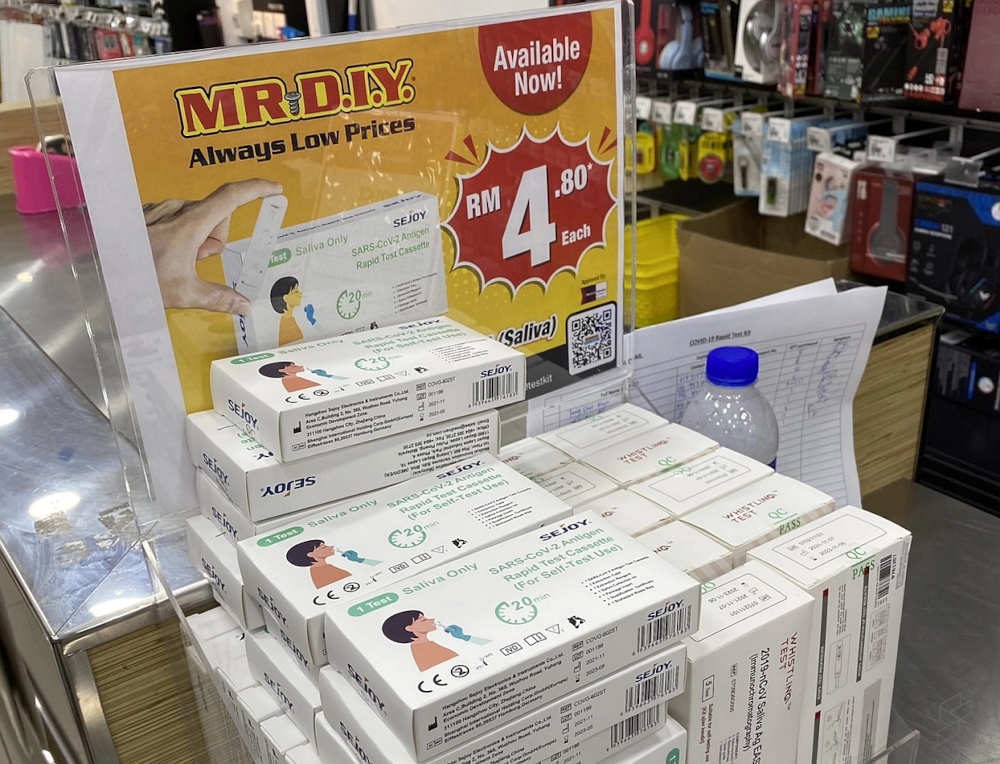
The Rapid Antigen Test Kits (RTK) are widely available in Malaysia with some going for less than RM5. Malaysia’s Medical Device Authority has approved over 100 self-test kits so far which include both nasal and saliva-based kits. There are even test kits that come in a form of a lollipop or a whistle which makes it easier to test for children.
Anda disarankan untuk membuat ujian kendiri COVID-19 dengan segera;
— Noor Hisham Abdullah (@DGHisham) February 8, 2022
• jika anda ada gejala
• jika anda adalah kontak rapat kpd kes COVID-19, tunggu tempoh masa 5 hari untuk jalankan ujian kendiri.
• jika anda ingin berhimpun jalankan ujian kendiri sebelum perhimpunan. pic.twitter.com/joAK6D9DAS
If you’re wondering when you should conduct a Covid-19 self-test, Malaysia’s Health Director-General Dr Noor Hisham has provided recommended guidelines on when you should test yourself. According to his tweet, you should perform a self-test in the following situations:
* If you’re experiencing Covid-19 symptoms (eg. Fever, cough, sore throat, loss of taste, etc).
* If you’re in close contact of a Covid-19 positive case (Test five days after contact)
* If you’re going to attend a gathering or event
These Covid-19 self-test guidelines are similar to the US’ Centers for Disease Control and Prevention (CDC) recommendation. According to their guidelines, if you’re were a close contact, you should self-test after at least five days and then test again in one or two days, if your first test is negative. If you’re going to have a family reunion, meet up with friends, or attend a ceremony, you are encouraged to test as close as possible to the event.
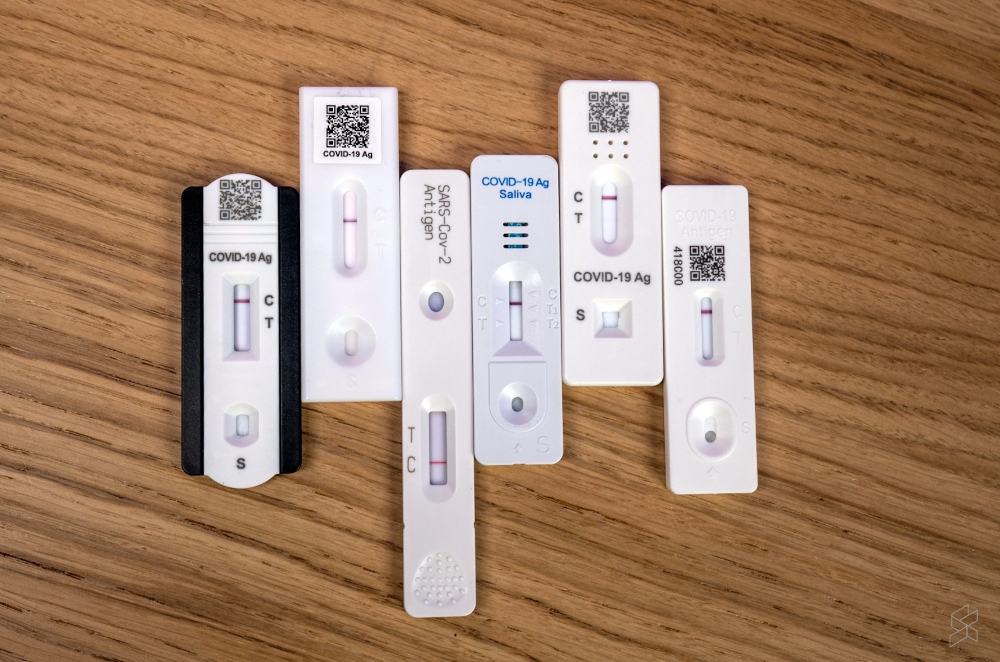
Regardless of whether you’re positive or negative, you should report your Covid-19 self-test kit result in MySejathera. If you’re negative but still experiencing symptoms, you should seek medical attention.
Unlike the more expensive Reverse transcription-polymerase chain reaction (RT-PCR) test at health labs which costs about RM200, RTK tests are typically used for screening and it detects positive cases only during your most infectious period. This is one of the reasons why you should test at least five days after close contact instead of immediately when you’re aware of the positive case. An RT-PCR test that requires a deeper swab in your nose and throat is still the gold standard to confirm if you’re infected with Covid-19.
As announced by the Ministry of Health, all Covid-19 positive cases with mild or no symptoms are no longer required to go to a Covid-19 assessment centre (CAC). After reporting that you’re positive, you will be given a digital home surveillance order in MySejahtera and you must quarantine yourself at home. There’s no physical wristband required and you should only go to a CAC if you’re experiencing moderate or higher symptoms. Fully vaccinated Covid-19 positive individuals with no symptoms are required to be quarantined for seven days while individuals with light symptoms are required to be quarantined for 10 days, regardless of the vaccination status.
In case you missed it, we tried six different Covid-19 self-test kits in the market ranging from RM5 to RM17. You can check out our video below. ― SoyaCincau





